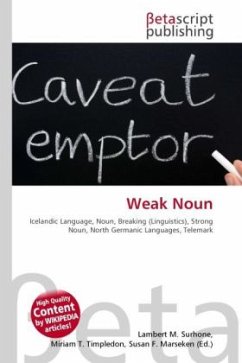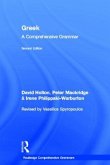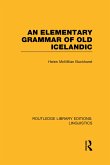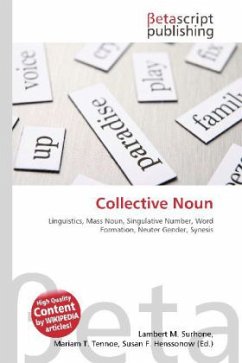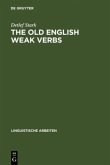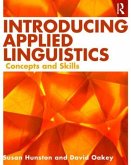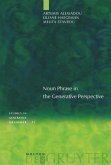High Quality Content by WIKIPEDIA articles! In the Icelandic language nouns are considered weak, if they fulfill the following conditions: Masculines: The nominative singular ends in -i, the other singular cases end in -a or -ja. The noun is derived from the present participle of a verb, in which case the plural ends in -ur (but the singular follows the -i-a rule). An example of the latter is nemandi (student), plural nemendur. The words bóndi (farmer) and fjandi (enemy or the devil or a demon) belong to this class with some irregularities. The plural of bóndi is bændur. Fjandi has two plurals, depending on the meaning. If it means an enemy, the plural is fjendur (note the retention of je). If it means a demon, the plural is fjandar. Exceptions do exist, for instance Grikki (Greek), plural Grikkir. The same applies to Tyrki (Turk) plural Tyrkir. Both, incidentally, end in -ja in the oblique cases (Grikkja is the accusative, dative and genitive for one Greek).
Bitte wählen Sie Ihr Anliegen aus.
Rechnungen
Retourenschein anfordern
Bestellstatus
Storno

